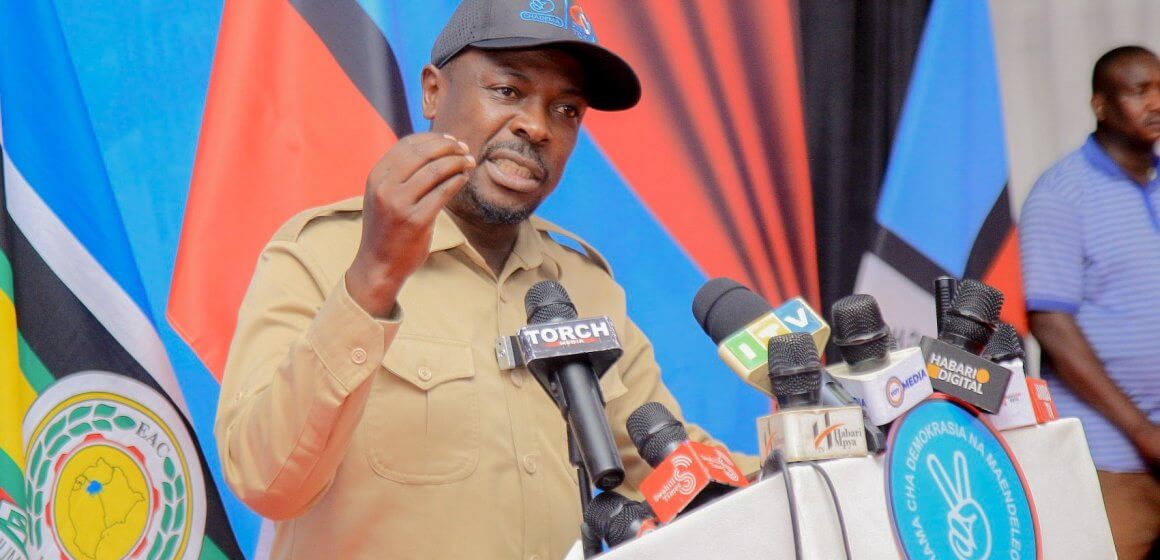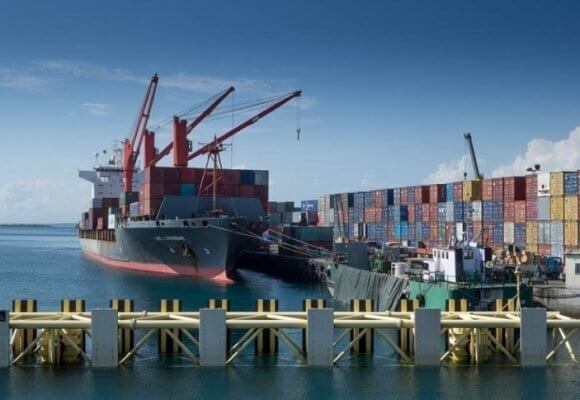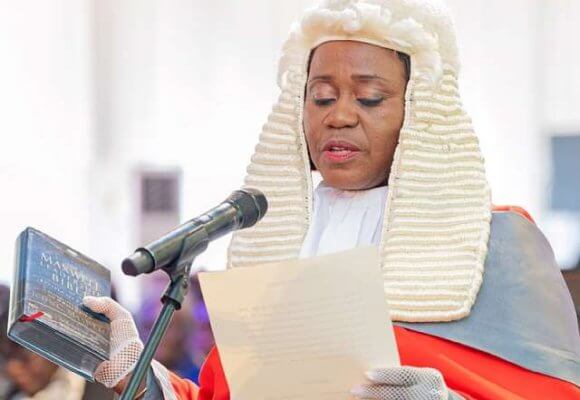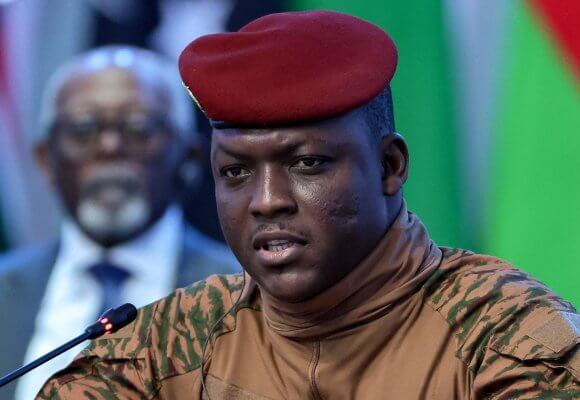|
LISTEN TO THIS THE AFRICANA VOICE ARTICLE NOW
Getting your Trinity Audio player ready...
|
Tanzanian authorities Tuesday, April 22, 2025, escalated a crackdown on the opposition Chadema party, arresting its deputy head just days after its leader was detained on treason charges. This has raised concerns about the fairness of upcoming presidential elections.
Chadema party vice-chairman John Heche, a former national assembly member, was arrested on Tuesday during a rally in Dar es Salaam, according to the party. This arrest comes amid a series of actions against Chadema, including the detention of its leader, Tundu Lissu, earlier this month. Lissu was scheduled to appear in court on Thursday, April 24, facing treason charges that carry a potential death sentence.
Heche’s arrest occurred as he called for a demonstration in support of Lissu, defying police warnings. While police cited the late arrival of the rally notification, Chadema maintains that the notification was delivered at the last minute, making compliance impossible.
“We believe these arrests are part of a calculated strategy to paralyze the opposition’s constitutional mandate, suppress the voice of the people, and restrict political space as the country prepares for a crucial election period,” Chadema spokesperson Brenda Rupia stated. The party also expressed concern about not being able to ascertain Heche’s whereabouts following his arrest.
The arrests are unfolding against a backdrop of increasing tensions between the government and the opposition. A government official recently indicated that Chadema could be excluded from the looming elections due to its refusal to sign a code of electoral conduct, which the party argues requires significant reforms.
Lissu and Heche, along with rights groups and some Western governments, have accused President Samia Suluhu Hassan’s administration of employing increasingly authoritarian tactics. These concerns are fueled by a pattern of arrests and reports of deaths targeting opposition activists.
Tanzania, historically seen as a relatively stable nation in East Africa, has experienced a complex political trajectory in recent years. While President Samia Suluhu Hassan initially signaled a potential opening of political space upon assuming office in 2021 following the death of her predecessor, John Magufuli, concerns about democratic backsliding have mounted.
Magufuli’s presidency was marked by a significant curtailment of political freedoms, including restrictions on opposition activities, media censorship, and a general narrowing of civic space. These actions drew widespread criticism from human rights organizations and international observers.
Lissu, a vocal critic of the government, survived a 2017 assassination attempt in which he was shot multiple times. He returned to Tanzania in 2023 after President Hassan lifted a ban on political rallies, offering a brief period of optimism for greater political openness. However, the recent arrests and charges against Lissu and Heche suggest a return to more repressive measures.
The upcoming presidential election represents a critical juncture for Tanzania. The actions of the government in the lead-up to the vote are being closely watched by the international community, with concerns rising about the potential for a compromised electoral process. The crackdown on Chadema, the main opposition party, raises serious questions about the government’s commitment to a level playing field and the ability of Tanzanians to exercise their democratic rights.










LEAVE A COMMENT
You must be logged in to post a comment.